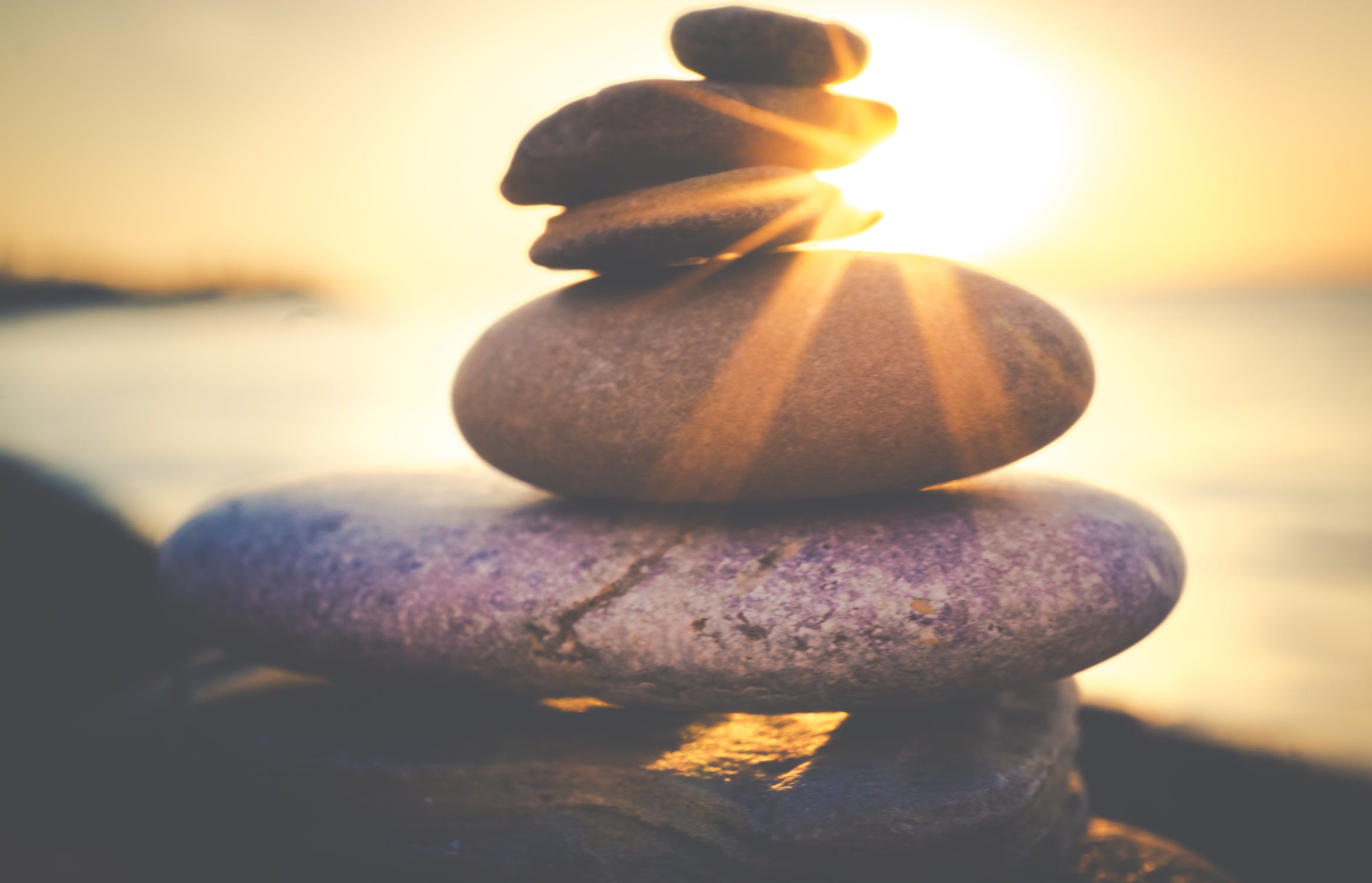Do you recall the Western fascination with the Scandinavian concept of Hygge a couple of years ago? If you feel you never quite achieved this Scandinavian cosiness, don’t worry, there’s a new concept on the horizon to aim for.
Ikigai (生き甲斐 (いきがい)), the newest longevity buzz word, is a Japanese phrase with the somewhat ambiguous translation of ‘the thing that makes life worth living’. Alternative translations include ‘reason for living’ and ‘purpose in life’. Western authors and speakers are adopting ikigai as part of an evolving narrative around successful ageing and longevity, encouraging us to ask the questions that can lead to a more enriched and fulfilling life.
Let’s look first at how the Western world has been introduced to ikigai. The concept was first brought into the Western zeitgeist by Dan Buettner in his book ‘The Blue Zones: Lessons for Living Longer from the People who’ve Lived the Longest’ (2008). The word pops up in Buettner’s talks with residents of the Japanese Okinawan islands, a ‘blue zone’ or place in the world with particularly high life expectancies and, crucially, high quality of life in later years as a result of lower rates of age-related illnesses such as dementia, cancer and heart disease. The ikigai concept has also been discussed at longevity conferences and is featured by Baroness Camilla Cavendish in her recent book, ‘Extra Time’ (May 2019).
But what does ikigai mean? As a Japanese turn of phrase, ikigai can mean anything from caring for our children, playing a sport, or fundraising for a charity, so long as it is something that brings one a sense of fulfilment. As a concept, it is all about balance – allowing ourselves to pursue interests which fulfil us outside of our obligations. And just as obligations change over our lifetimes, so too do ikigai. Maintaining a balance requires an awareness of how these two concepts evolve, and intersect, throughout our lives.
Ikigai has been interpreted a little differently in Western writing. In the longevity space, the ikigai concept has been ‘beefed up’, complete with Venn diagram, to position it as the intersection of four criteria: something you love, you’re good at, can make you money, and can also benefit the world.
Ikigai is the intersection of four criteria: what we love, are good at, can be paid for, and what the world needs
This is quite far from the ikigai that elderly Okinawans credited for their long and healthy lives, particularly with the monetary consideration of ‘what you can be paid for.’ However, it is also understandable that the concept has been modified, in order to make it a more tangible concept for many.
One of the most interesting questions is why we are seeing the ikigai concept raised in connection to longevity. There seem to be three factors at play.
Firstly, there is a clear argument to be made that having an ikigai is an integral part of living a ‘long and happy life’. Afterall, building our lives around things we love to do makes sense if we hope to be happier for longer. It’s about making sure that at every age and stage we are re-evaluating and working out what is important to us at this moment in our life, in a constant process of evolution. It’s therefore unsurprising that we find the concept helpful as we grapple with making longer lives fulfilling.
Second, it’s also no accident, we feel, that it is a Japanese concept that is being adopted to help describe longer lives. Japan has the most centenarians per capita of any country in the world and is at the sharp end of grappling with both the challenges and opportunities of longer lives. The Prime Minister, Shinzo Abe, has set up a Council for Designing 100-Year Life Society and has arguably taken more tangible steps to prepare for longer lives than any other leader. We in the West are looking to the home of longer lives for the most effective ways to live not just longer, but more happily for longer.
There’s likely to be one further relevant factor at play here – the invoking of a foreign word. Ikigai is the latest in a line of culture-concept trends, following on from the Danish contentment concept ‘hygge’, made popular in part by Meik Wiking’s book ‘The Little Book of Hygge’ (2016). Hygge similarly doesn’t have a direct translation but tends to be interpreted as ‘cosiness and conviviality’. Perhaps these words provide a more exotic solution to the challenges we face in life? Slowing our pace and seeking contentment is challenging but pursuing hygge is glamorous and Scandi-chic. Finding purpose in life seems daunting but discovering our ikigai might be fun. Maybe invoking an aspirational foreign concept can help to reframe tough challenges to be more exciting.
We all recognise that words like ‘retired’ and ‘student’ are often no longer an accurate reflection of people at a particular age and stage, which is borne out by our own research. Ultimately, when we consider longevity, it is perhaps the case that the English language doesn’t feel sufficiently fit for purpose, thereby encouraging us to seek alternatives.
Exploration of what supports us in leading longer, happier lives should be encouraged. If ikigai can help us to reframe the conversation and aid our understanding, then it is a welcome addition to the longevity lexicon.
Rachel Lloyd is a Director at Message House, leading their research on longevity to help clients explore its implications. Morgan is a Research Executive at Message House.



